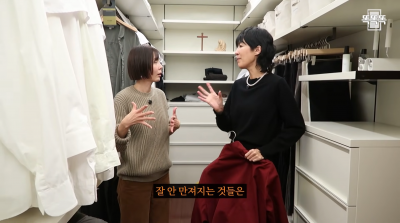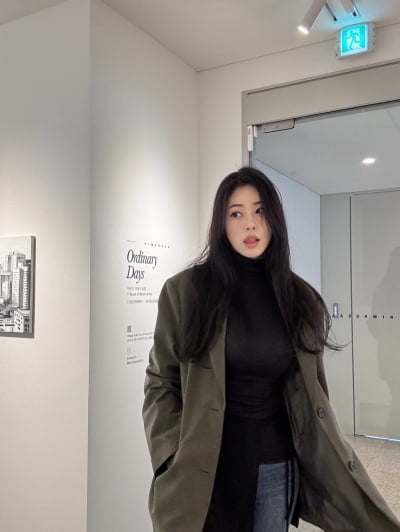ENTERTAINMENT
Shaking Hybe ‘Multi-Label’… You never know when it might explode again
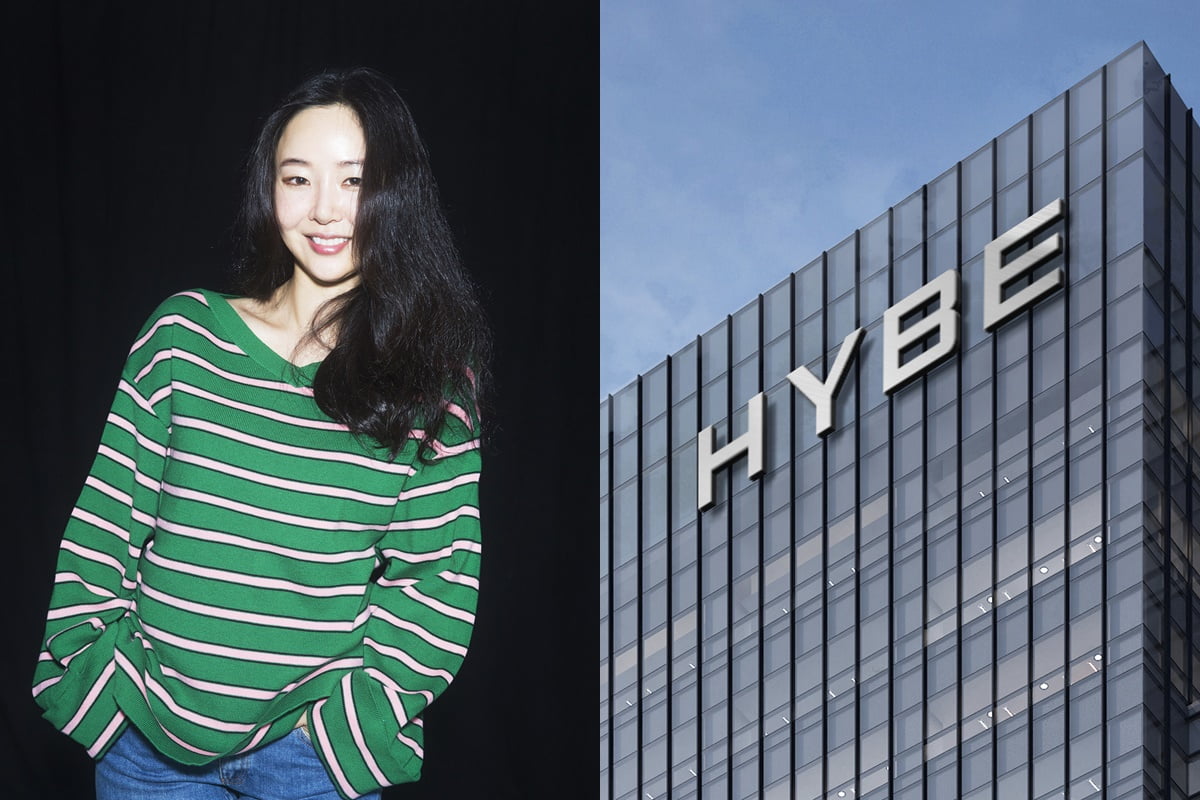
Reporter Lee Min-kyung of Ten Asia will sound a siren sound in the rapidly developing entertainment industry. We will point out invisible problems and inform you of threats and changes surrounding the entertainment industry.
The multi-label system, which was Hybe's 'trusted axe', took Hybe to the ground. Multi-label is a system in which artists have multiple agencies (labels) and the entertainment company that unites them (Hybe) controls them overall. The advantage is that each label can pursue its own individuality while simultaneously mobilizing the entertainment company's financial and organizational power. For example, the label New Jeans belongs to is Adore, a subsidiary of Hybe. Industry insiders say that this incident can essentially be seen as exposing the extreme shortcomings of the multi-label system.
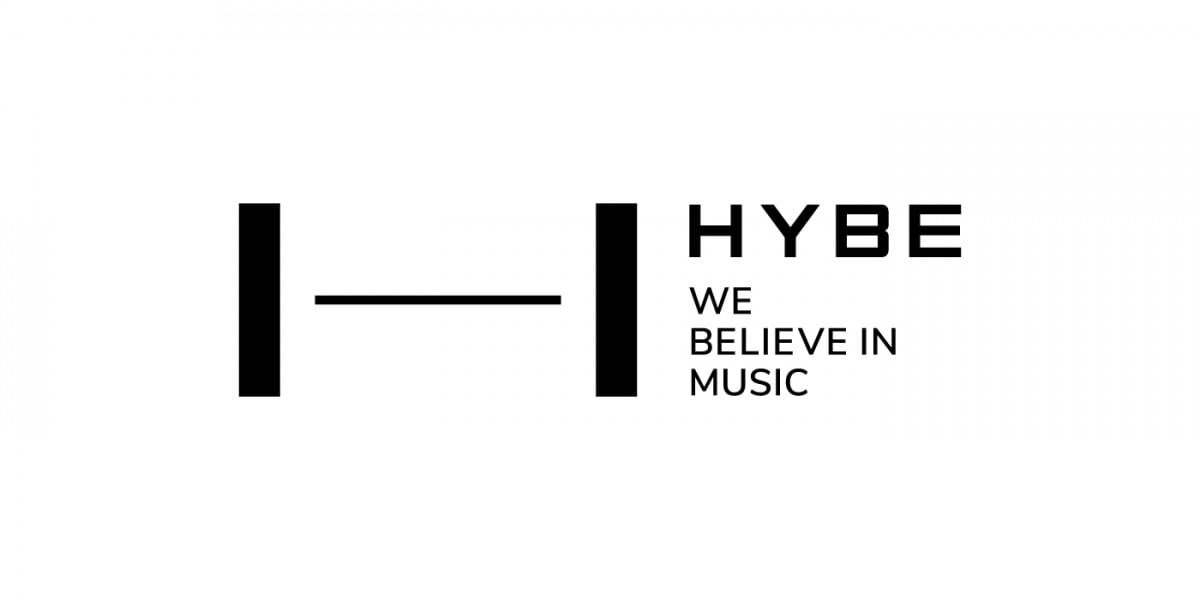
It has been a successful strategy so far. Each label grew rapidly based on Hybe's capital and organizational power. As successful artists emerged one after another, the corporate value of Hybe, the parent company, also soared. This multi-label system also played a role in quickly rising to the top spot in the domestic entertainment industry by market cap.
However, unlike the flashy exterior, the interior was festering due to ‘overheated competition’. Due to the nature of the entertainment industry, where creation is the main task, it is pointed out that the reason for the overheated label competition is that it is impossible to clearly distinguish the areas in which each label operates. In fact, even before the conflict broke out, voices were raised within the industry that communication between labels was poor and competition was fierce. One example is that Zico (KOZ Entertainment) and New Genes (Adore), who are under the same Hybe roof, released their music videos on the same day on the 27th. It is usually released at intervals of several days. It is pointed out that this shows that communication is not taking place properly.
Kim Heon-sik, a pop culture critic, said, "The entertainment industry has a special characteristic called 'creation,'" and analyzed, "If you follow trends, music genres and concepts will inevitably overlap, so labels will compete in the same market, intensifying competition." did.
He also said, "In today's era where social media has developed, even artists from small labels can become viral worldwide," and "there is a good possibility that the subsidiary's management scale will be larger than that of the parent company." He said, “If such structural changes occur or if conflict between labels occurs, the subsidiary may attempt to break away from the parent company. Structural problems have come to the surface.”
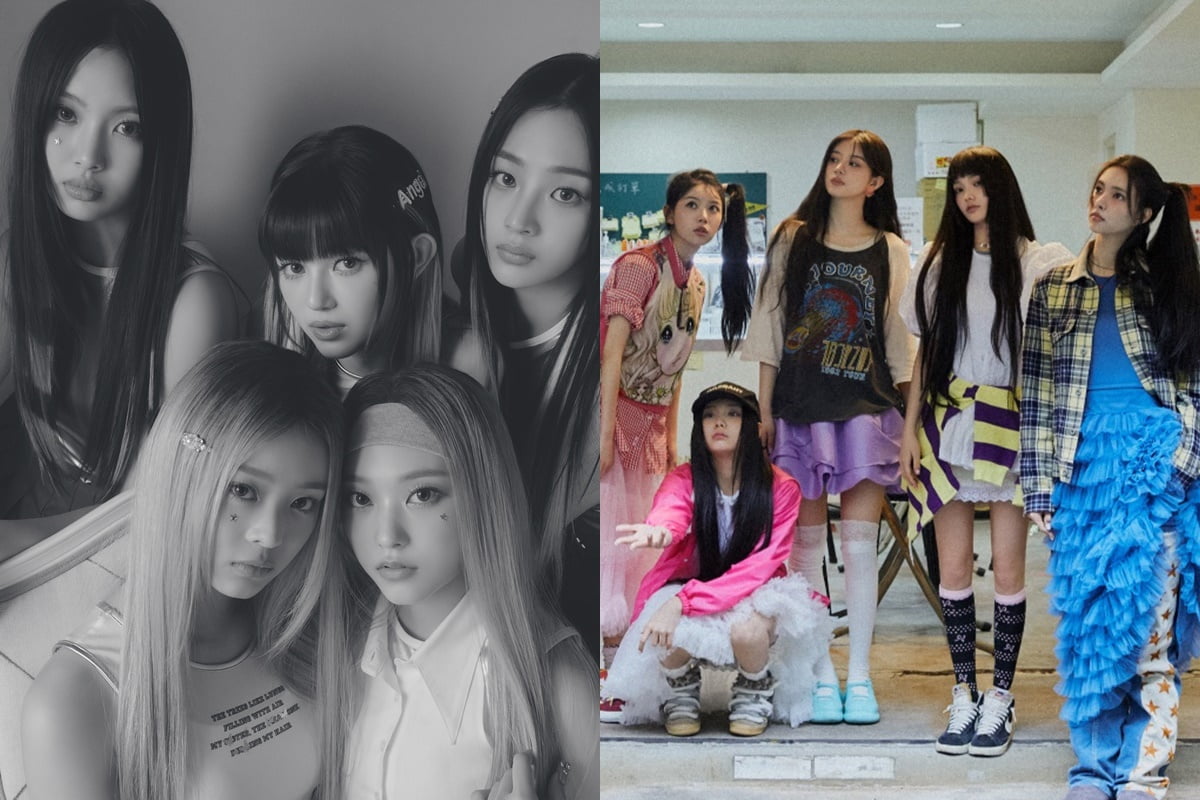
The problem is the possibility that this multi-label problem will repeat itself. This could be a blow to Hybe's sustainable management. Hybe is particularly active in expanding overseas labels, including acquiring a South American label last year. Unlike general companies, the human resources of Enter's label are everything to the company. This means that the emotional realm is involved. The conflict with Adore CEO Min Hee-jin ultimately started with emotional issues. This is an uncertainty for the parent company, which must direct everything. The same goes for investors.
Even if it is controlled domestically through legal mechanisms, legal standards also change during the overseas business expansion process. It is not surprising if label issues arise anytime, anywhere. However, there is no special alternative. Most of them agree that multi-label is ultimately the path that large entertainment companies should take. However, it seems urgent to establish a system on how to control each label in the multi-label system. The Hybe Empire's worries are deepening.
Reporter Lee Min-kyung, Ten Asia 2min_ror@tenasia.co.kr

